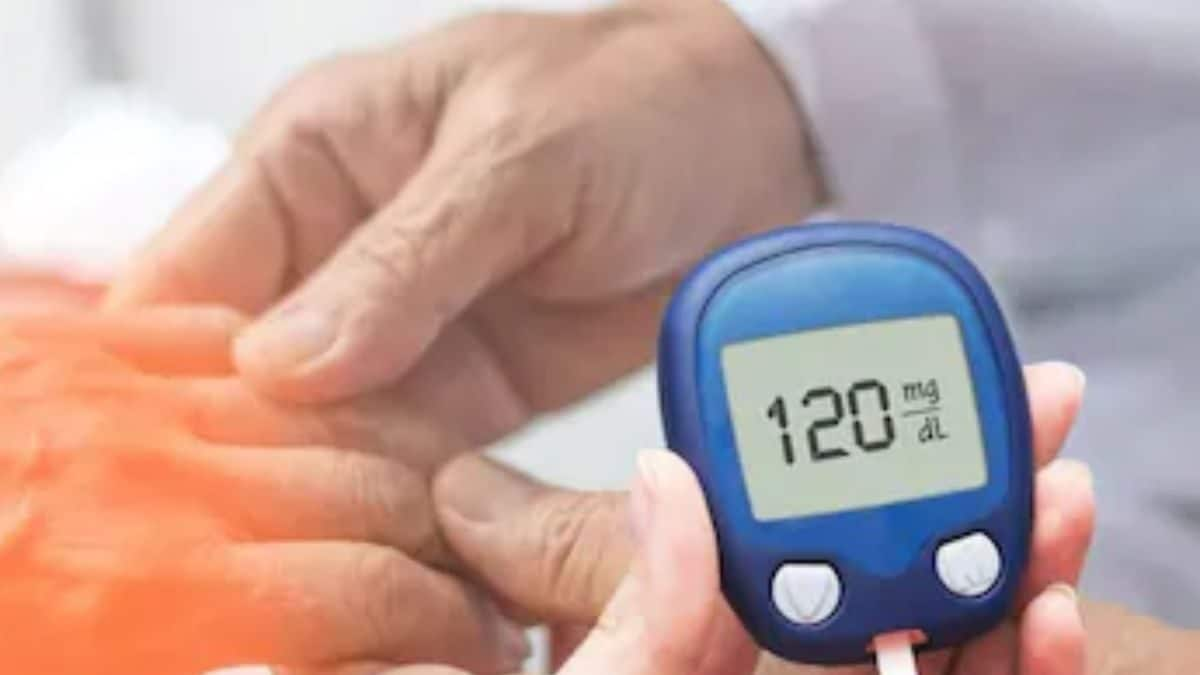Last Updated:
In India, diabetes continues to be a significant health concern, with an estimated 77 million people over the age of 18 suffering from type 2 diabetes, and nearly 25 million are classified as prediabetic, according to the World Health Organization.

The new glucose-responsive insulins promise to end constant glucose monitoring, and could allow patients to swallow a pill or inject insulin once every morning.
As we observe World Diabetes Day, it’s a crucial time to raise awareness about diabetes management and dispel the myths surrounding insulin therapy. In India, diabetes continues to be a significant health concern, with an estimated 77 million people over the age of 18 suffering from type 2 diabetes, and nearly 25 million are classified as prediabetic, according to the World Health Organization. Dr. Mala Dharmalingam, Consultant Clinical Endocrinologist and Diabetologist, Ramaiah Memorial Hospital, Bengaluru, highlights the essential role of insulin in diabetes care. “Insulin is a vital hormone that allows the body to use glucose for energy. Without it, people with diabetes, particularly Type 1, would be unable to control their blood sugar levels, which can lead to severe complications,” she explains.
Despite insulin’s importance, myths and misconceptions around it continue to deter patients from seeking this lifesaving treatment. A common misconception is that starting insulin indicates that diabetes is ‘severe’ or ‘out of control.’ “This isn’t necessarily true,” says Dr. Dharmalingam. “Insulin is sometimes prescribed even in the early stages of diabetes management to help keep glucose levels within a target range, preventing complications down the road.” She emphasizes that insulin therapy, when recommended by a doctor, is a proactive way to manage diabetes effectively, empowering patients to lead full, healthy lives.
Dr. Sanjay Kalra, Endocrinologist, Bharti Hospital, Karnal, also weighs in on the misunderstandings surrounding insulin. “One of the biggest misconceptions I see is that people fear insulin will make them dependent or cause weight gain,” he says. Addressing these concerns, Dr. Kalra clarifies, “Insulin is a natural hormone that your body either doesn’t produce enough of or can’t use effectively in diabetes. Administering it is about replacing what’s missing, not creating a dependency.” While some patients may experience initial weight gain, Dr. Kalra notes that this effect is typically manageable through diet, exercise, and proper dosing. “The benefits of insulin far outweigh the minor, manageable side effects,” he assures, urging people to embrace insulin therapy and overcome the stigma associated with it.
On this World Diabetes Day, experts like Dr. Dharmalingam and Dr. Kalra encourage us to replace misconceptions with facts and to approach insulin as a safe, effective solution for diabetes management. By recognizing the value of insulin therapy, we can improve health outcomes and ensure that those with diabetes feel empowered to take charge of their condition.


